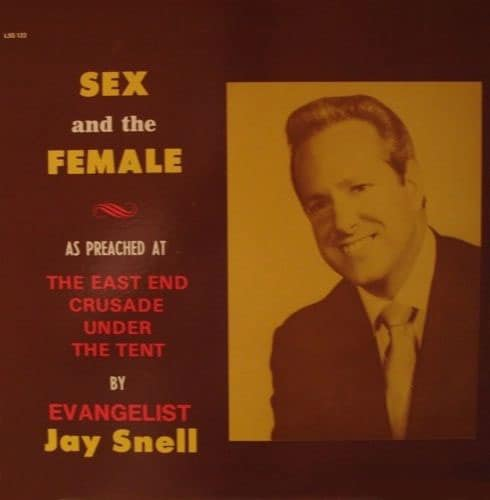Atheism
Community Guide
Archive Today will help you look at paywalled content the way search engines see it.
Statement of Purpose
- This is a support and conversation community for people who don't believe in gods.
- Superstition hucksters have no reason to subscribe or post here at all.
- If you are looking to debate or proselytize, options will be linked lower in the sidebar.
Acceptable
- Honest questions or conversations.
- Discussions on parenting or advice.
- Struggles, frustrations, coming out.
- Atheist memes. We can have fun!
- News headlines relevant to atheism.
Unacceptable
Depending on severity, you might be warned before adverse action is taken.
- Anything against site rules.
- Illegal and/or NSFW material.
- Troll posts and comments. There will be no attempt to explain what that means.
- Leading questions, agenda pushing, or disingenuous attempts to bait members.
- Personal attacks or flaming.
Inadvisable
- Self promotion or upvote farming.
- Excessive shitposting or off-topic discussion.
Application of warnings or bans will be subject to moderator discretion. Feel free to appeal. If changes to the guidelines are necessary, they will be adjusted.
If you vocally harass or discriminate against any individual member, you will be removed.
Likewise, if you are a member, sympathizer or a resemblant of a group that is known to largely hate, mock, discriminate against, and/or want to take lives of any other group of people, and you were provably vocal about your hate, then you you will be banned on sight.
Provable means able to provide proof to the moderation, and, if necessary, to the community.
~ /c/nostupidquestions
If you want your space listed in this sidebar and it is especially relevant to the atheist or skeptic communities, PM DancingPickle and we'll have a look!
Connect with Atheists
- Matrix: #atheism:envs.net
Help and Support Links
- Freedom From Religion Foundation
- The Secular Therapy Project
- Secular Students Alliance
- Black Nonbelievers
- The Clergy Project
- Atheist Alliance International
- Sunday Assembly
- Atheist Ireland
- Atheism UK
- Atheists United
Streaming Media
This is mostly YouTube at the moment. Podcasts and similar media - especially on federated platforms - may also feature here.
- Atheist Debates - Matt Dillahunty
- Rationality Rules
- Friendly Atheist
- Making Sense with Sam Harris
- Cosmic Skeptic
- Genetically Modified Skeptic
- Street Epistemology
- Armored Skeptic
- NonStampCollector
Orgs, Blogs, Zines
- Center for Inquiry
- American Atheists
- Humanists International
- Atheist Republic
- The Brights
- The Angry Atheist
- History for Atheists
- Rationalist International
- Atheist Revolution
- Debunking Christianity
- Godless Mom
- Atheist Freethinkers
Mainstream
Bibliography
Start here...
...proceed here.
- God is Not Great (Hitchens)
- The God Delusion (Dawkins)
- The End of Faith (Harris)
- Why I Am Not a Christian (Russell)
- Letter to a Christian Nation (Harris)
Proselytize Religion
From Reddit
As a community with an interest in providing the best resources to its members, the following wiki links are provided as historical reference until we can establish our own.






